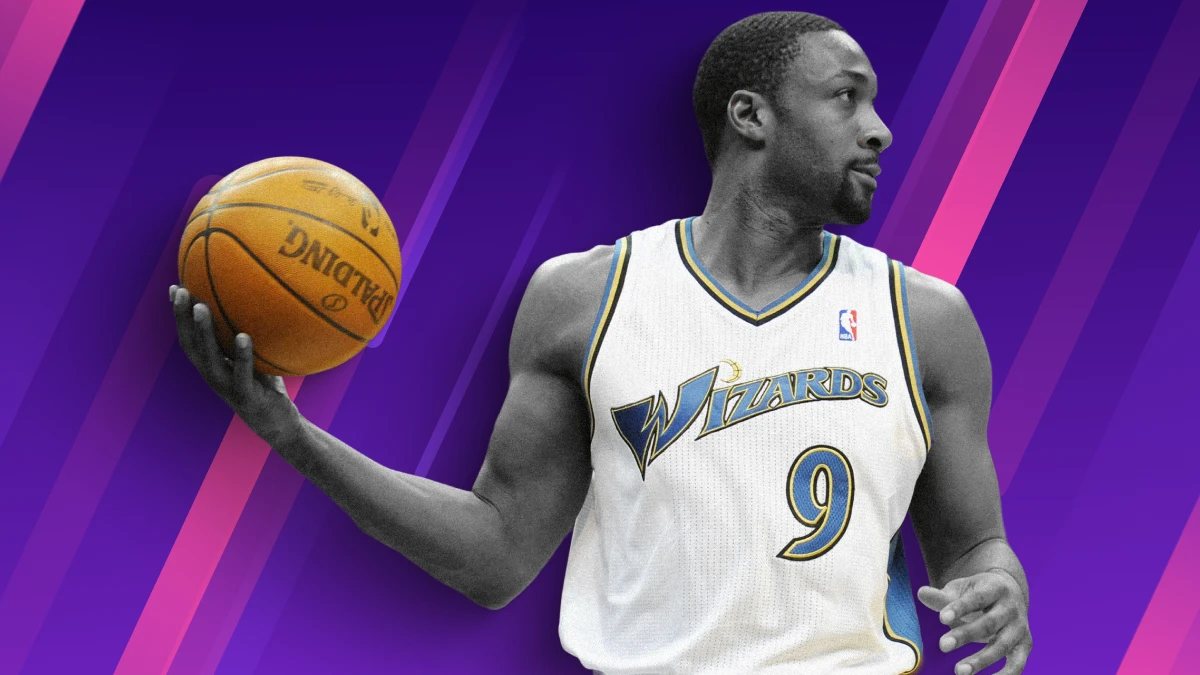Caesars Entertainment Has Sold WSOP IP Rights to NSUS Group for Half a Billion

1.0
Default
Caesars doesn't rest on its laurels, and in fact, it's been busy as a bee. Just after reporting that Caesars is all set to launch the Horseshoe Online Casino app in Michigan, it has also announced that it is in the process of selling the IP rights of the WSOP for $500 million to the NSUS Group.
In a significant move for the gaming industry, Caesars Entertainment has announced the sale of the intellectual property rights linked to the World Series of Poker to the NSUS Group Inc., an investment company, for a total of $500 million. This transaction marks a major milestone for both companies and proves Caesars’ ongoing strategy to streamline its portfolio.
The deal, valued at $500 million, is structured with $250 million in cash plus a $250 million 'promissory note' secured by WSOP's intellectual property assets. The note is set to mature five years from the transaction's closing date, which is anticipated to happen by the year's end.
While specific profit figures from the WSOP sale have not been disclosed, the transaction is likely to represent a substantial profit for Caesars. The gaming giant, then operating as Harrah's Entertainment, acquired Horseshoe Hotel and Casino in downtown Vegas and WSOP for $44.3 million, way back in 2004. And although the casino's operating rights were subsequently sold back again, Caesars continues to benefit significantly from the WSOP sale.
The WSOP acquisition is a historical event in Caesars' corporate timeline. It predates Harrah's acquisition of Caesars Entertainment for $10.4 billion in 2005 and the 2008 privatization by TPG Capital L.P. and Apollo Management valued at over $27 billion. Following a bankruptcy filing in 2015, Caesars was sold in 2020 to Eldorado Resorts for more than $17 billion. Notably, the present management, led by Chief Executive Officer Tom Reeg, was not involved in the initial WSOP acquisition.
Aligning with asset selling strategy
This sale aligns with Caesars' broader asset divestment strategy. Earlier in 2024, Reeg indicated that the company was open to selling "non-core casinos," and since WSOP is not a physical gaming venue, its sale corresponds to the company's framework. A precedent was with the sale of William Hill's international assets after Caesars acquired the bookmaker.
In the announcement, Caesars did not specify plans for the sale proceeds. However, it is likely that some of the capital will be allocated towards reducing the company's substantial debt, which stood at $12.4 billion in the second quarter. This debt, one of the largest in the industry, has, in fact, been steadily declining under Reeg's leadership.
During the second quarter, Caesars Digital reported EBITDA of $40 million, a notable increase from $11 million the previous year. However, the contribution of WSOP to this figure was not detailed.
WSOP operations to continue
Caesars will continue to operate its WSOP Online real-money poker business in Nevada, Michigan, Pennsylvania, and New Jersey under a license from NSUS since it was recently upgraded. However, the agreement restricts Caesars from operating digital peer-to-peer poker operations for a particular period, subject to several exceptions.
Under the agreement with NSUS, the company retains the rights to hold WSOP tournaments at its land-based casinos, which include the prestigious Main Event, the largest global poker tournament. For the coming 20 years, Caesars will host the WSOP's flagship tournament series at its Vegas casinos. Furthermore, brick-and-mortar poker rooms operated by Caesars will continue to feature WSOP branding, and Caesars’ locations will maintain preferential rights to host live World Series of Poker Circuit events.
On a side note, last month, Jonathan Tamayo won the WSOP Main Event, held at the Horseshoe and Paris on the Vegas Strip, showcasing the enduring popularity and prestige of the tournament.




















